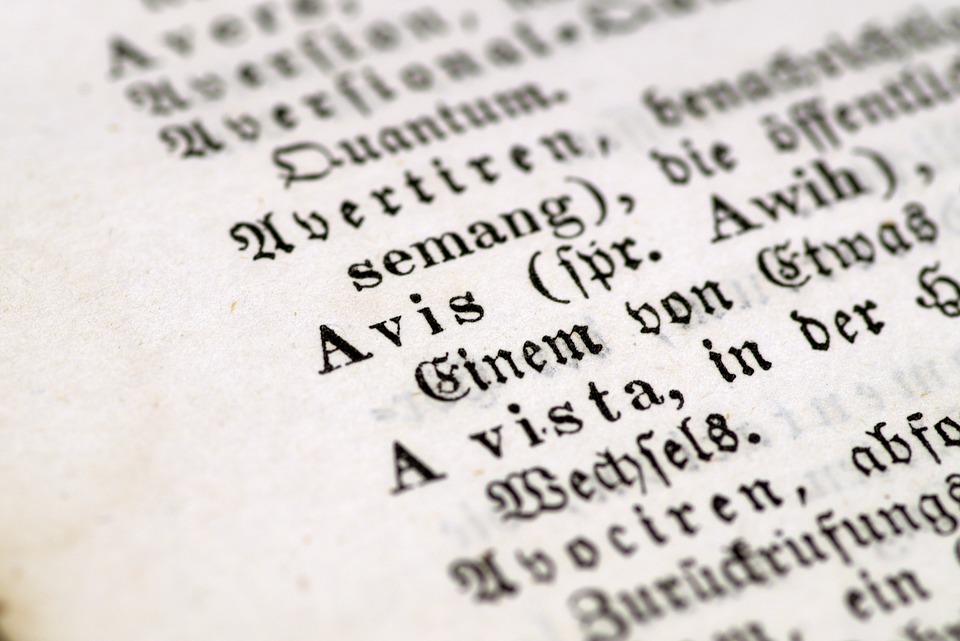The primary distinction between traditional grammar and modern linguistics is that traditional grammar is prescriptive, while modern linguistics is descriptive. Traditional grammar is an older field of language study, with its origins dating back to the 15th century, and it mainly focuses on written language. On the other hand, modern linguistics is a newer branch of language study that considers speech as the fundamental form of language.
Key Takeaways
- Traditional grammar is prescriptive, whereas modern linguistics is descriptive.
- Traditional grammar primarily focuses on written language, while modern linguistics considers speech as the basic form of language.
- Traditional grammar attempts to force language into a Latin-based framework, but modern linguists do not judge one language by the standards of another.
What is Traditional Grammar?
Traditional grammar refers to the collection of prescriptive rules and concepts about the structure of language. The origins of traditional grammar can be traced back to the 15th century B.C., to Aristotle, Plato, and Greek. However, the most prominent traditional grammarians began writing in the 18th century when English developed as a separate language. It is important to note that principles of Latin grammar are the main basis of Traditional English grammar. Traditional grammar includes prescriptive rules that users should follow and proscriptive rules of usage users should avoid. Books of traditional grammar generally contain lists of grammatical terms, definitions of these terms, and advice on using standard grammar, which includes correct punctuation, spelling, and diction. Even though linguists consider traditional grammar as an irrational method to study language and grammar, we can still find basic Latin-based concepts of grammar in English textbooks and usage guides.
What is Modern Linguistics?
Linguistics or modern linguistics refers to the scientific study of language and its structure. This includes the study of features such as grammar, syntax, and phonetics. Moreover, modern linguistics regards language as a system, and grammar is only considered as a systematic description of a certain language, either oral or written. Most importantly, modern linguistics is descriptive, i.e., it doesn’t prescribe how one should use language; instead, it describes how natural language functions. Moreover, it considers oral language as the basic form of language. Linguists also consider language change as a natural process; in linguistics, a language that doesn’t change is a dead language.
What is the Difference Between Traditional Grammar and Modern Linguistics?
Linguistics is the scientific study of language and its structure, including the study of grammar, syntax, and phonetics. In contrast, traditional grammar is the type of language study that existed before the beginnings of modern linguistics. It was a collection of prescriptive rules and concepts about the structure of language. Most importantly, traditional grammar is prescriptive, whereas modern linguistics is descriptive. This is the main difference between traditional grammar and modern linguistics. Furthermore, most traditional grammarians considered the written form as the most important aspect of language; however, modern linguists consider speech as the most important aspect of language. Moreover, traditional grammar attempted to force language into a Latin-based framework, but modern linguists do not judge one language by the standards of another.
Summary – Traditional Grammar vs Modern Linguistics
Although there is a distinct difference between traditional grammar and modern linguistics, it is important to note that the latter was derived from the former. However, traditional grammar is prescriptive, whereas modern linguistics is descriptive.
